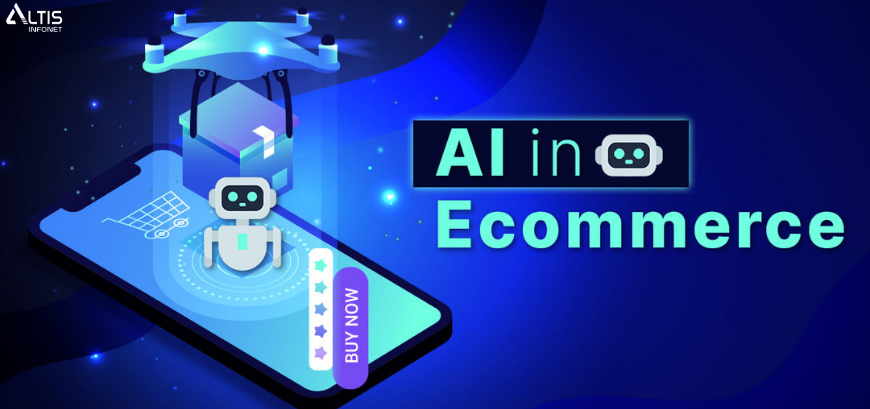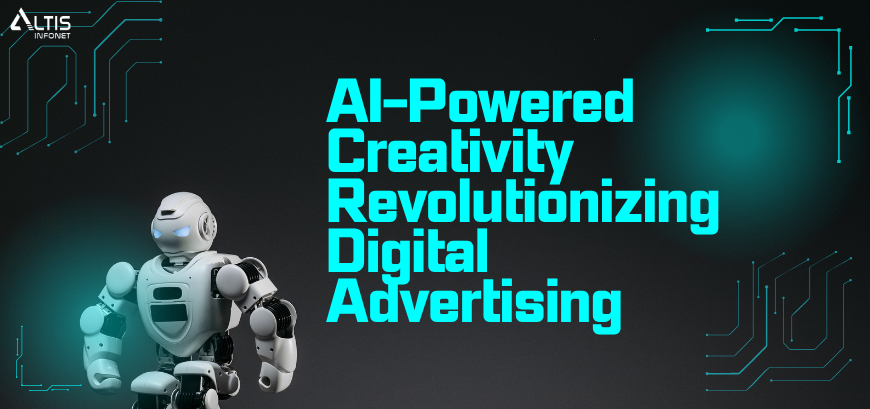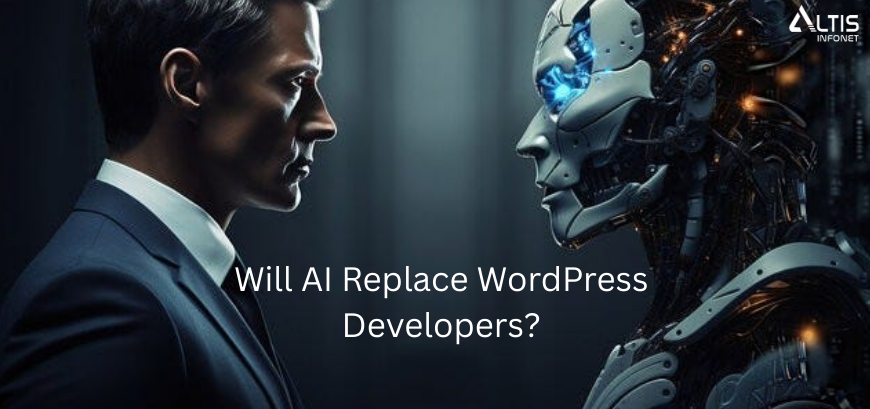Do you possess a comprehensive understanding of the extent to which your employees leverage the potential of generative AI in their professional endeavours? A larger portion of individuals within your organization probably utilizes generative AI (GAI) than you might perceive. With most doing so without your explicit knowledge or authorization.
Recent research indicates that over 40% of professionals have, in some capacity, engaged with ChatGPT. Alas, a staggering 68% confess to surreptitiously engaging in such activities without the awareness of their superiors. This pervasive covert behaviour signifies a sense of uncertainty surrounding how companies perceive. Embrace the use of such cutting-edge technologies within their workplaces.
It would be wise to encourage your employees to explore and exploit the immense potential of generative AI. Applications like OpenAI’s ChatGPT, Google’s Bard, Midjourney, and similar platforms boast a wide range of possibilities across various industries. Including HR, recruitment, software development, marketing, sales, and fashion. By automating tasks such as crafting marketing copy, writing and debugging code, personalizing emails, refining job descriptions, and creating visually engaging presentations. Generative AI can significantly enhance productivity and foster creativity.
The adoption of generative AI also poses significant challenges. Also, risks demand thorough attention and action from both companies and their employees. In the absence of appropriate guidance, employees may unwittingly employ GAI solutions like ChatGPT in unwise or unethical manners. Several cautionary aspects warrant consideration, including:
- Privacy: It is plausible that your employees may employ personal data to generate content. Such as candidate information, customer data, employee records, or your company’s proprietary information. Recruiters, for instance, may input resumes or LinkedIn profiles into ChatGPT to generate personalized messages or job matches. This practice raises valid concerns regarding data protection and compliance with regulations like GDPR. An unfortunate example is when Samsung employees inadvertently leaked confidential company information to ChatGPT. While attempting to address source code and defective equipment issues or when they relied on the chatbot to create meeting minutes.
- Security: Employees may inadvertently expose sensitive information to unauthorized parties. While GAI systems themselves may prove vulnerable to hacking or manipulation by malicious entities such as cybercriminals or state-sponsored agents. Therefore, your employees must exercise caution regarding the security and reliability of the GAI systems they utilize.
- Inaccuracy: Generative AI systems can occasionally produce content that is factually incorrect or inconsistent with the input data or intended purpose. As such, employees should diligently verify and validate the content they generate or consume using GAI systems, promptly addressing any errors or inconsistencies. Adhering to the ethical AI principle of human agency and oversight is crucial. If your company has yet to establish its own ethical AI principles, it is advisable to commence the exploration of this vital aspect.
- Ethics: It is important to acknowledge that generative AI systems have the potential to generate content that is biased toward specific groups or individuals. These systems may inadvertently perpetuate existing stereotypes or prejudices present in the training data or generate content that is inappropriate or misleading for the intended audience or purpose. Employees must exercise mindfulness regarding the ethical implications and social impact of the content they generate or consume using GAI systems, conscientiously avoiding any malicious or fraudulent utilization.
To fully leverage the benefits of GAI, it is imperative to educate and empower your teams while evaluating its impact.
Given the significant potential for harm, it is of utmost importance that companies offer comprehensive guidance on the responsible. Acceptable use of generative AI, concurrently maximizing the advantages it offers. To achieve this, consider implementing the following steps to create a framework for responsible GAI usage among your employees:
- Educate: Provide your employees with a foundational understanding of generative AI. Including its underlying principles, functionality, optimal utilization, potential benefits, and risks involved. Clear guidelines regarding permissible data usage, access privileges, and data protection should be communicated. Online resources, webinars, training workshops, your learning and development platform, team meetings, and newsletters. Can be leveraged to educate your employees about GAI. For example, OpenAI recently announced the option for ChatGPT users to disable chat history, allowing users to determine which conversations can be used to train OpenAI’s models.
- Empower: Encourage your employees to explore and experiment with relevant and valuable generative AI systems that align with their specific roles. Provide access to trusted and secure GAI platforms or tools, such as ChatGPT API or Microsoft’s Azure OpenAI Service. Offer support through feedback and guidance on effective usage.
- Evaluate: Continuously monitor and evaluate the performance and impact of generative AI systems on your employees. Also, do it for business outcomes and customer satisfaction. Metrics such as quality, accuracy, relevance, diversity, novelty, efficiency, and engagement can be employed to measure the value and effectiveness of GAI systems in your organization’s workflows.
- Enforce: Establish and enforce clear policies and standards for the responsible use of generative AI systems by your employees. Utilize codes of conduct, ethical principles, best practices, checklists, or audits. Ensure that your employees comply with legal and ethical requirements and meet the expectations when engaging with GAI systems.
In conclusion, embrace the immense possibilities that GAI offers while proactively managing its associated risks.
The widespread availability of generative AI represents a significant turning point in terms of AI’s impact on individuals and the world of work. On one hand, it opens up tremendous opportunities for innovation and advancement across various domains and tasks. On the other hand, it opens up tremendous opportunities for innovation and advancement across various domains and tasks.





